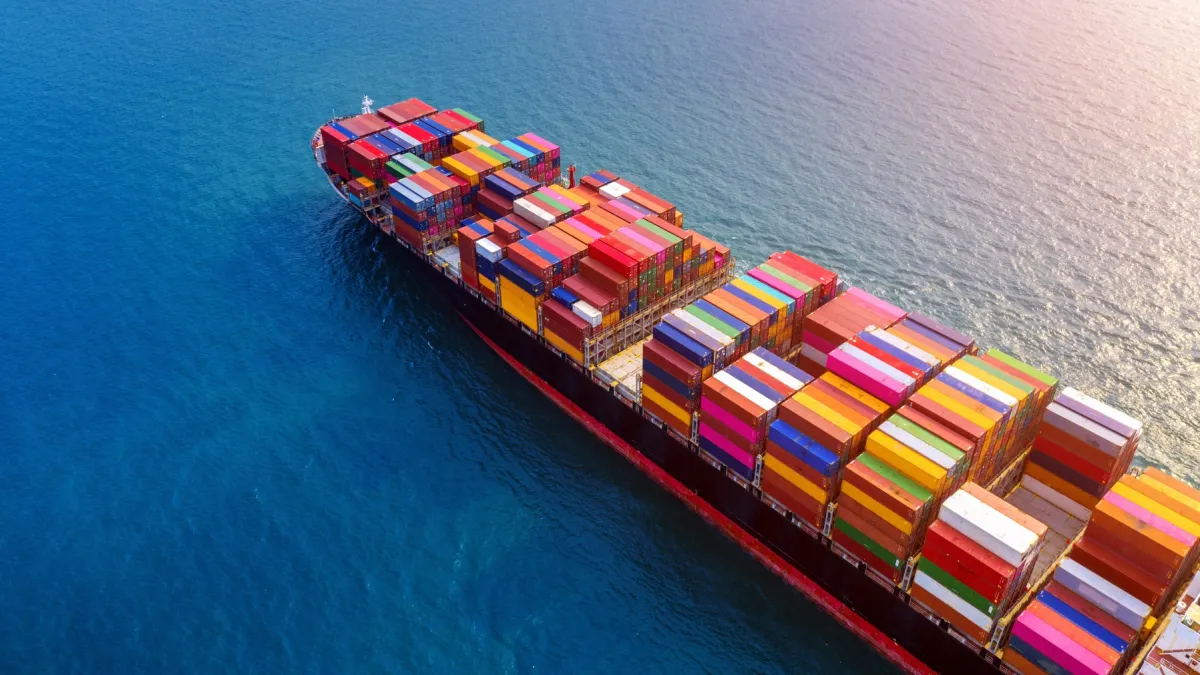Singapore’s trade balance might be less susceptible to tariff risks expected under US president-elect Donald Trump’s second term.
Within the ASEAN-6 countries, Singapore is the only economy that runs a consistent trade deficit against the US. This may render it less susceptible to tariff risk in this regard, according to Jester Koh, associate economist for UOB, and the UOB Global Economics & Markets Research.
Singapore is also the only ASEAN economy with a bilateral free trade agreement in force with the USA. This could, in principle, imply that Singapore could be relatively shielded from tariff risks, Koh said.
There is also limited evidence to suggest that Singapore serves as a “conduit” to redirect Chinese exports to the US in a bid to circumvent tariffs, Koh said.
Amongst ASEAN-6 nations, Vietnam, Thailand, and possibly Malaysia could possibly see trade diversion to circumvent tariffs, according to the UOB Global Economics & Markets Research, based on shifts in the share of imports from China and to the US over 2015-2019, and 2020-2024.
In contrast, trade diversion is less likely in Singapore, the Philippines, and Indonesia— implying lower risk of direct tariffs in the latter economies.
However, uncertainty still remains as Trump has pulled out from trade agreements before, notably the Trans-Pacific Partnership (TPP) negotiations and agreement.
Trump’s recent threats to impose 25% tariffs on imports from Canada and Mexico, for example, could also violate provisions under the USMCA.
Amongst ASEAN-6 countries, Indonesia and Malaysia face heightened security and tariff risks, exacerbated by the two countries becoming official BRICS partner countries beginning 1 January 2025.
Separately, Singapore is one of the countries likely to be most impacted by an economic downturn in the US; and is also amongst ASEAN-6 countries most vulnerable to a China slowdown.
Spillovers of the EU27 recession are likely to affect Singapore as well.
“Whilst Singapore may face lower odds of direct tariffs from the US, the Singapore economy is unlikely to be shielded from spillover effects of a negative trade shock given its extensive reliance on trade as a small and open economy,” the report said.
Reference : https://sbr.com.sg/economy/news/singapore-less-exposed-us-tariff-risks

